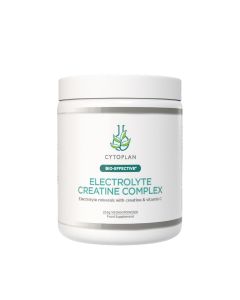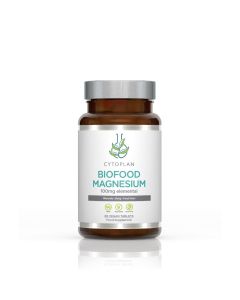Which form of magnesium is best for headaches?
Magnesium is a cofactor in over 300 enzyme reactions in the body, and therefore plays an essential role in maintaining a variety of areas of health. It is required for effective energy production, detoxification and supporting cardiovascular and bone health, amongst others. It also works synergistically with calcium to allow muscles to relax – which has given it the title of “nature’s tranquiliser” – and can support refreshing sleep.
Emerging evidence confirms that nearly two thirds of the western population are not achieving the recommended levels of magnesium, due in part to poor dietary choices and the low levels in processed foods, as well as reduced magnesium levels in the soil. Poor gastrointestinal absorption of magnesium also occurs because of vitamin D deficiency, another common issue in western cultures.
The term “headache” refers to pain occurring in the head, face, and neck – with tension-type headaches and migraine being the most common. Low levels of magnesium are thought to potentially contribute to both.
Magnesium is regularly taken as a natural way of combating the frequency and duration of headaches. It helps relax blood vessels, thus aiding the flow of blood and oxygen to the head. It also helps relax muscle tension in the neck and shoulders and reduce stress levels – both of which can contribute to headaches.
Magnesium threonate is a form of magnesium which has been shown to have the unique ability to cross the blood-brain barrier and therefore increase brain levels of magnesium. This form of magnesium has positive effects on all aspects of cognitive health and may be particularly supportive for those suffering with headaches. Otherwise, raising your magnesium levels with a well-absorbed food-based supplement, or one bound to an organic molecule such as citrate may be supportive to those suffering with headaches.
You can also improve magnesium status by:
- Increasing intake of magnesium rich foods such as dark leafy green vegetables, nuts and seeds. Try adding kale, spinach, and rocket to a breakfast smoothie – and choose organic where possible
- Soak in an Epsom salt (magnesium sulphate) bath. Magnesium ions can be absorbed through the skin, which can aid muscle relaxation
- Opt for a magnesium supplement providing 200-400mg per day
- Avoid excess alcohol as this can increase magnesium excretion
- Try stress relieving techniques such as yoga, meditation and mindfulness – as magnesium is used up rapidly by the body during periods of stress





